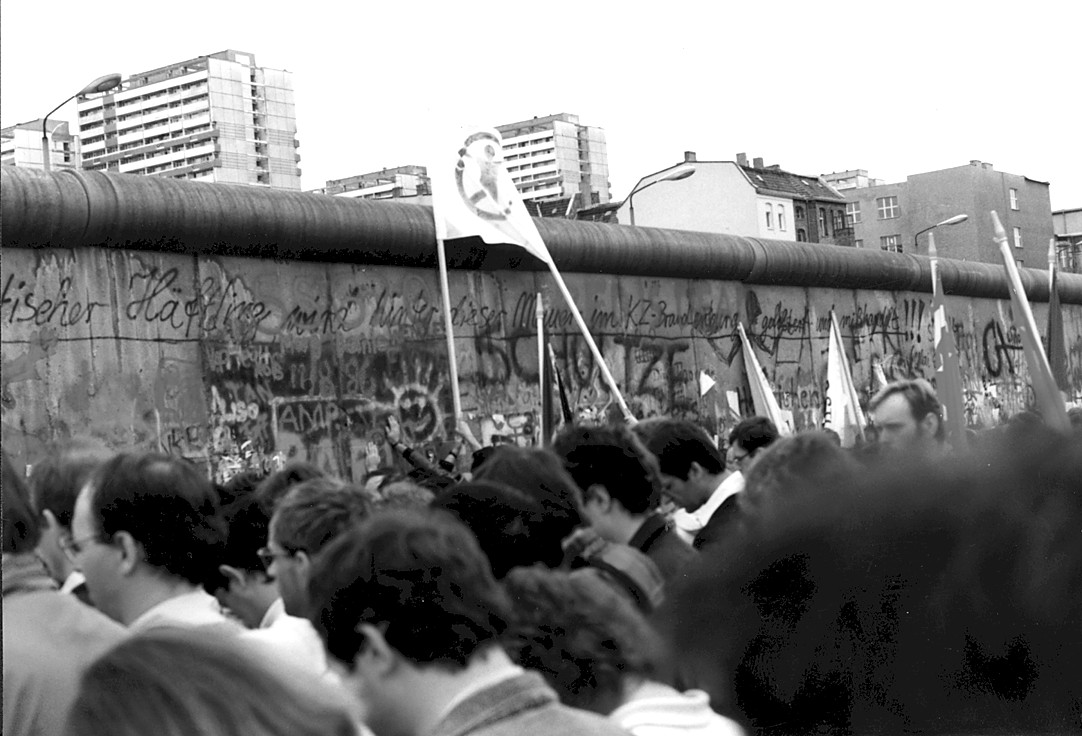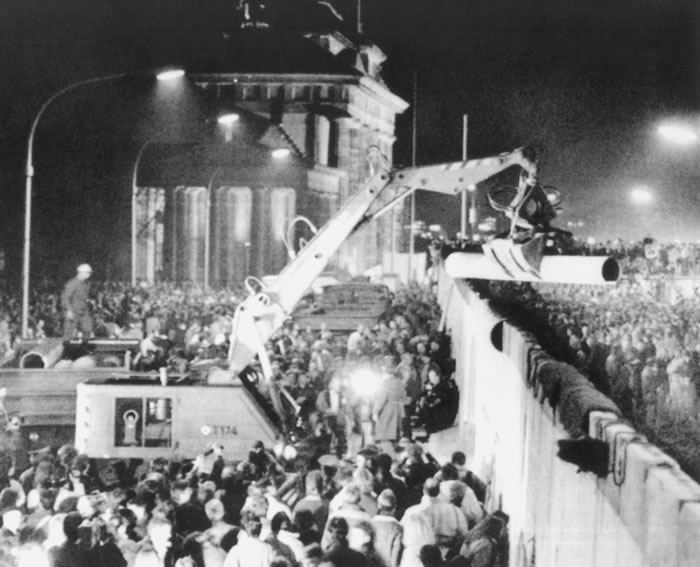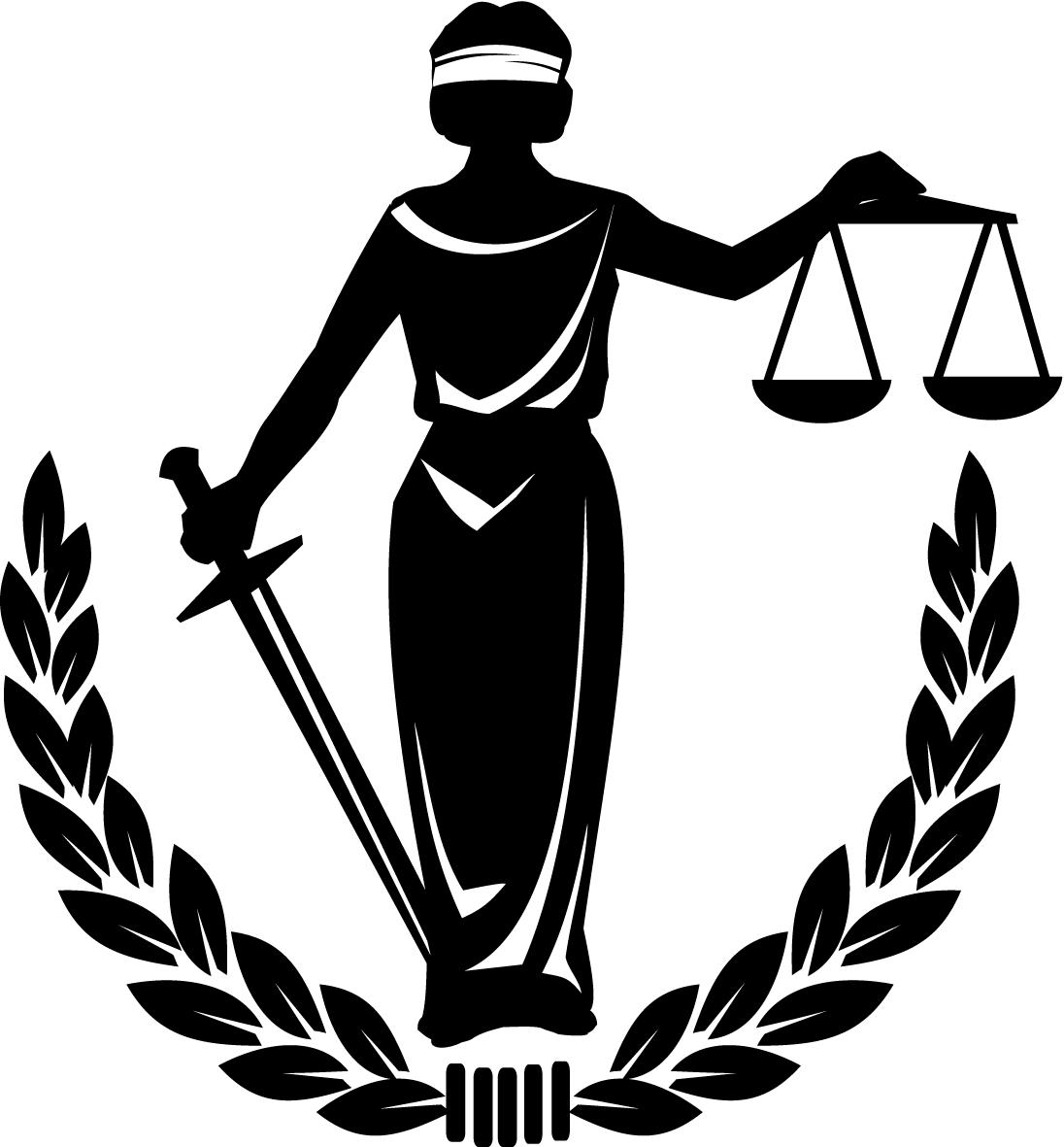Democracy and Its Recent Surges in the World
A Democracy is a state in which all fully
qualified citizens vote at regular intervals to choose, from among alternative
candidates who are the future policy makers and diplomatic leaders of a
country. States are formed by people that choose a leader in something called
elections. Having elections is characteristic of democratic governments. Half of
the world is divided into either a democracy or an autocratic government. Although
only a small part of the world has a stable democracy. After certain event in
the 20th century it was then that democracy started to get popular. Yet
if democracy is not the best and perfect form of government, it is now the most
fair that we have. There have been three important waves that helped catapult
democracy and spread it around the world.
Democracy requires an implicit
agreement by the conflicting groups in a state to accept the possibility that
they will lose out in making of policy in effect, it requires an agreement on
all the different sectors of society for a policy to be done and approved, this
is a characteristic of democracy and how it works by voting and voicing out opinion.
Each group accepts that it must abide by the end result and hopes that it will
be able to get enough of what it wants out of a process. This is known as the
democratic barging.
 The Iron Curtain
The Iron Curtain
In 1989 the world imagination was
seized when the Iron Curtain fell, and the Berlin Wall with it and most of the
communist states of Eastern Europe threw off their old systems and established
democracies of some sort. Southern Europe saw three shifts from right-wing
dictatorships to democracies in the late 1970’s: in Greece, Portugal, and Spain.
Later, a wave of democratization swept Latin America, making several military
dictatorships become democratic governments. The same waves went on in the 1980’s
in Eastern Europe and other countries around the world. Democracy was very fragile
in most countries and some even lost it due to military regimes once again.
There were 3 main waves that helped the
spread of democracy around the world. The first wave of democratization came in
the wake of WWI, as Germany became a democracy in 1918 and democracies were
created in Easter Europe, at this same time several Latin States were turning
into democracies. Although many of the democracies established at this time
failed either under economic pressure of the Great Depression, or due to the
violence of WWII. The second wave of democratization occurred after WWII when
several communist countries turned into democracies and a large number of
former European colonies in the South gained independence. The third wave is
thought to have started in the late 1970’s with the successful reintroduction
of democracy to Spain and Portugal.
Democracies over the past fifty years
have gained popularity, although the book “Power and Choice” from 2003 does not
talk about the fourth wave. We can now see it happening. The fourth wave could
be seen as the Arab Spring, the widespread of the democracies in the Arab countries
of Africa and Middle East is an example of how democracies are being spread
around the world. Democracy is like to a relative freedom which is a characteristic
that democracies do posses and autocratic governments rarely posses. Fighting for
democracies involves many times civil wars and many social movements that we
now tend to see around the world. Although many people don’t agree with democracy,
the majority does and it continues to spread. I predict that the next two waves
will be in South Easter Asia, and then in Latin America in about 30 years from
now.
 The Berlin Wall
The Berlin Wall Justice
Justice Authority
Authority